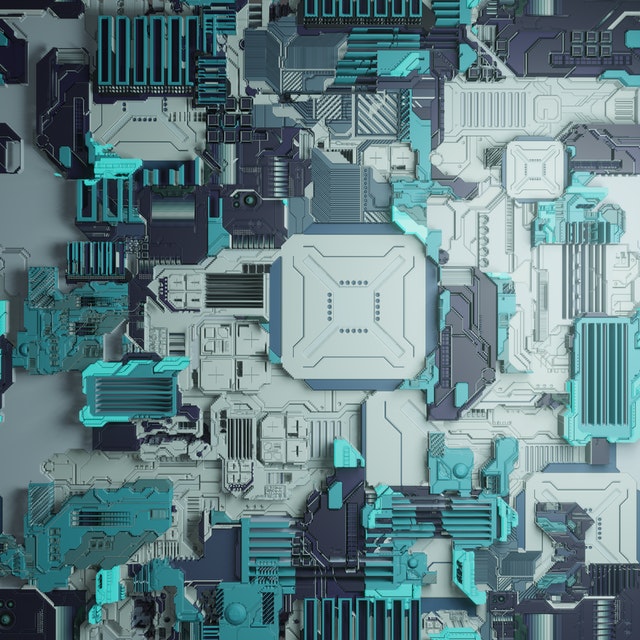An HPC development project to be launched in Debrecen

An HPC development project to be launched in Debrecen
The government allocated about 5.8 billion HUF in two phases to upgrade the national supercomputer infrastructure and ecosystem in order to achieve the national economy development goals and to maintain international competitiveness. The centre of this supercomputer development project, which is being implemented by the Government Agency for IT Development (KIFU), will be established at the campus of the University of Debrecen by 2022.
The new high-capacity supercomputer development program was started in line with the strategic plans of the Ministry of Innovation and Technology. The high-priority objectives of this program include introducing HPC skills into higher education curricula and selecting and mentoring research and industrial projects requiring a supercomputer infrastructure and the associated capacities for successful implementation. To support these developments, an HPC Competence Centre was established within the organisation of the Government Agency for IT Development with the mission of acting as a knowledge base for the academic community, supporting knowledge development and knowledge transfer and promoting the use of the HPC infrastructure among SMEs.
The Artificial Intelligence Strategy has been recently presented in Debrecen, and the HPC developments planned to be implemented in the following two years are an indispensable part thereof. By the modernisation and extension of this infrastructure, and through the use of artificial intelligence, deep learning, and 5G technologies, we will transform research opportunities into innovative solutions in the field of natural sciences, geology, economics, and mathematics. Scientific achievements for which HPC and the associated competence centres have become indispensable will have a decisive role in strengthening the Hungarian economy and in boosting the R&D and innovative performance of the country.
President of the Government Agency for IT Development Zoltán Szijártó stated that supercomputers are one of the most comprehensive tools these days given that HPC is used in all fields of science. They may help us find solutions to the dangers that societies of the 21st century have to face and answers to seemingly inextricable scientific problems. “Our HPC project in Debrecen is the largest-scale Hungarian IT development project of this decade, which may confer new momentum to national research and development efforts and create several opportunities for international collaboration, thereby integrating Hungary into the European HPC ecosystem to an ever-increasing level” he added.
In summing up the role of the university, Chancellor of the University of Debrecen Zoltán Bács indicated that their institution recognised it in good time that software-based simulation and modelling systems play an important role in fields that are primarily experimental, which may lower the costs of the experimental work at the same time. The cornerstone of implementing the current development project was laid down when the university undertook to erect a building infrastructure at its Kassai Street Campus for a then ongoing development project, which is also capable of accommodating the current upgrade.
During the past 20 years, infrastructures with high computing capacities have been established at several locations in Hungary to support domestic scientific research. For our country to be able to keep up with global progress, KIFU received 5 million HUF from the Economic Development and Innovation Operational Program of the EU, and 712 million HUF from the project “EuroCC – National Competence Centres in the framework of the EuroHPC”.

